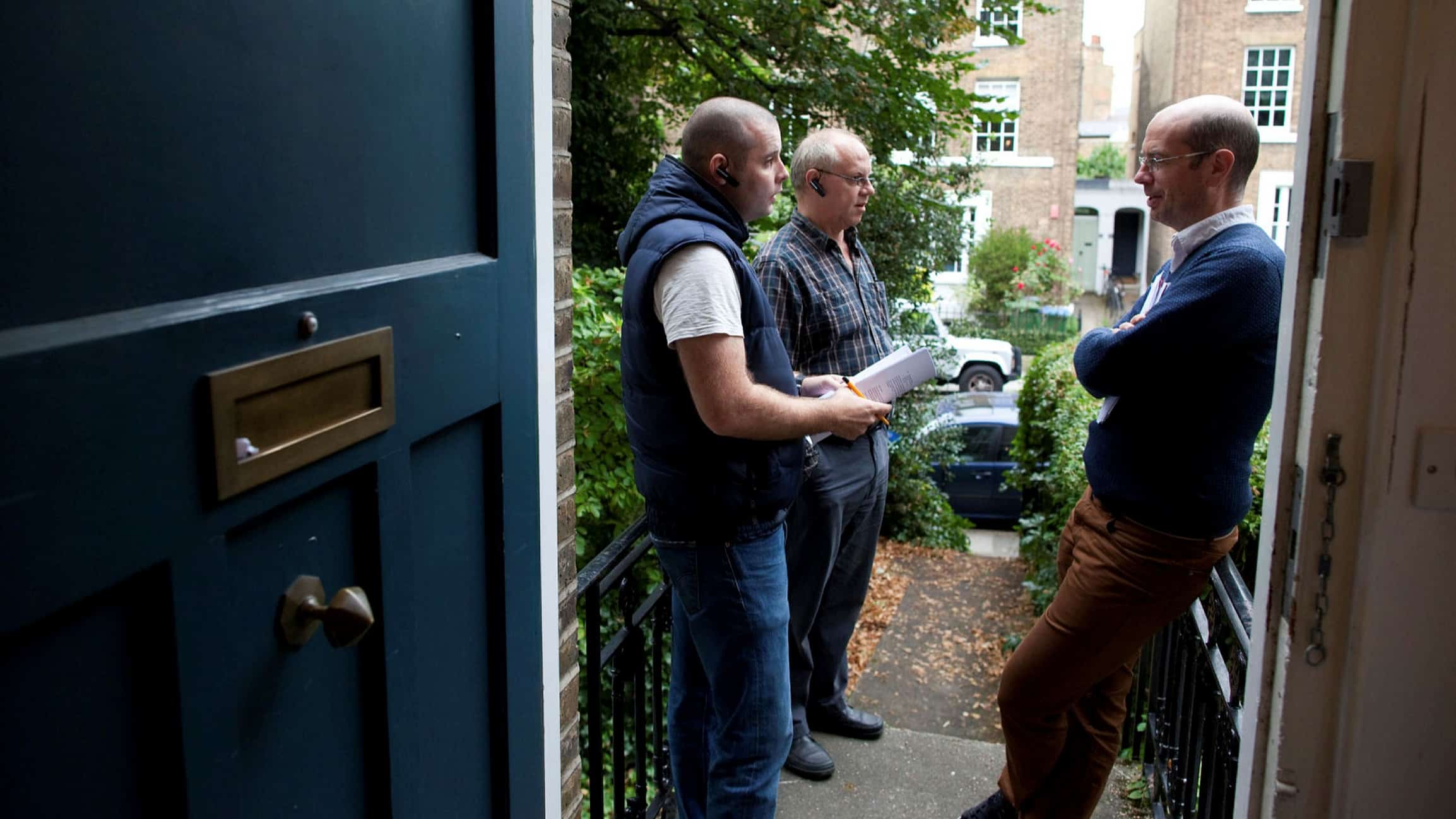A recent report paints a bleak picture on how the coronavirus pandemic could result in more bankruptcies. Local councils are doubling down on unruly tactics to recover unpaid debt. Hiring bailiffs has caused a lot of concern as these enforcement officers don’t always abide by the law.
Councils across the country have faced significant criticism for how they have handled the debt collection process. More and more families will find themselves in financial hardship due to COVID-19 coronavirus. Citizens Advice reported that in 2019, 42 percent of debt was in relation to money owed to local and central government. Compared to figures from 2011, this was more than double.
The charity says that public bodies are involving bailiffs to aid debt recovery, who are often known to use underhand tactics. The virus will likely result in millions of workers facing pay cuts or even lose their jobs. Currently, more than 8.4 million workers in the UK rely on government grants through the furlough scheme, which covers 80 percent of their monthly wages, up to a maximum of £2,500.
Andy Cook, executive director of the CSJ stated: “The spectre of bailiffs banging on the door of families who have lost their livelihoods and demanding payment of council tax debts, rent arrears and other taxes and bills fills me with dread,”
“In these unprecedented and chilling times, it is unacceptable that strong-arm tactics should be used to recover unpaid bills. After the payday loan scandal, private moneylenders have cleaned up their act and found ways of agreeing with cash-strapped families repayment terms that don’t put them on the streets. Whitehall and town hall should follow suit.”
The CSJ report highlights that the level of personal debt owed to government departments, which covers council tax, rent arrears, benefit overpayments and court fines, was in excess of £13.5bn in 2019. £3.2bn of this figure is from council tax arrears alone. This resulted in local authorities passing around 2.6 million debts over to enforcement agents in the previous year. Debt recovery is no easy task, leading many payday loan companies and doorstep lenders to slow down on aggressive forms of collection, primarily because of the large costs involved. According to the Citizens Advice, councils across the country recovered just 27p of every £1 that was referred to bailiffs.
Conservative MP and former education secretary, Damian Hinds, said it was: “particularly concerning” that “councils remain scandalously reliant [on bailiffs] to collect debt”, adding: “Meanwhile, the rules governing council debt collection mean that families struggling to pay the bills have their debts rapidly inflated by further fees and charges.”
Furthermore, the CSJ contends that using disorderly tactics such as involving bailiffs makes it more difficult for councils to recover money owed to the taxpayer, and this results in higher levels of anxiety and stress among those in debt.
The coronavirus pandemic will only exacerbate the situation and apply further pressure on those who are struggling the most, authorities have a duty to protect those who are most vulnerable. A more considerate and thoughtful approach may be the way forward, especially during these unprecedented times.



